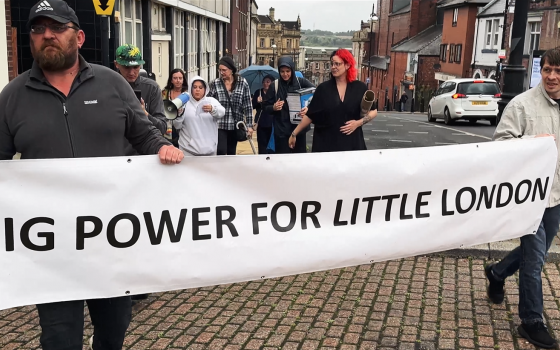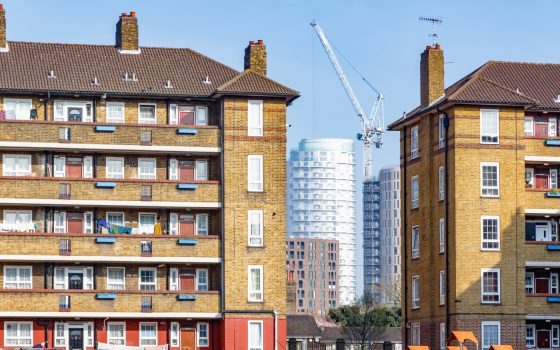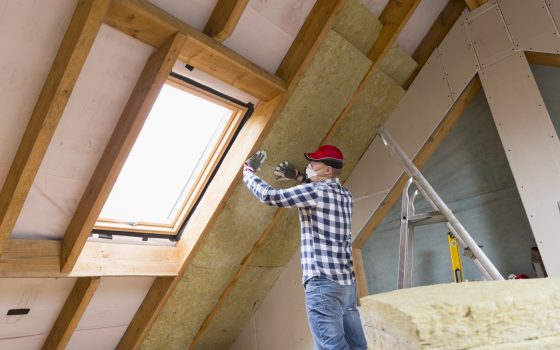What does the spring statement mean for the Great Homes Upgrade?
The VAT cut on energy-saving materials is a small victory but improving home energy efficiency should be accessible to everyone
31 March 2022

In the weeks leading up to the springs statement, the New Economics Foundation (NEF) called on the chancellor to commit to a Great Homes Upgrade, a set of measures to improve home energy efficiency across the UK. The cost-of-living scandal and energy crisis have shown how important it is that we get our cold and leaky homes off dirty fossil fuels and insulate them against cold and damp.
Last week the chancellor announced he will be reducing VAT to 0% on energy efficiency improvements to homes. This is very good news, long overdue, and one of the measures we had called for to begin a national retrofit programme.
But if we only change VAT, then it’s mainly higher income, able-to-pay homeowners who will be able to afford to upgrade their homes. The benefits of improving home energy efficiency should be accessible to everyone, particularly those most at risk from fuel poverty. The Great Homes Upgrade package would benefit council tenants, private renters and homeowners alike — that’s why we call for grants and loans from the government, to upgrade our cold, draughty homes.
While this is a small victory on the road to a Great Homes Upgrade, in the months ahead we are going to have to redouble our efforts to build a popular demand for an inclusive national retrofit programme. Alongside action outside parliament and the Treasury, where almost 100 people gathered to celebrate retrofit and hand in a letter to Rishi Sunak, hundreds of campaigners have spent the last two weeks writing to their local MPs, asking them to support our demands.
The responses we’ve had from Conservative MPs so far have pointed to an interim uplift to energy efficiency standards the government will introduce in June 2022. New homes built under this standard are expected to produce around 30% less CO2 emissions, compared to current standards. This is a slightly misleading announcement because it is part of the government’s existing new build net-zero regulations, rather than a response to the growing demands for investment in a national retrofit programme. It is also hardly worth celebrating that we are still currently building homes that in a few years time will need to be retrofitted, and of course there are the millions of existing buildings that need an upgrade now.
Without further investment, we are condemning people in the UK to winter after winter at the mercy of dirty fossil fuel prices and the scourge of fuel poverty. Yet we know what can be achieved with leadership and public investment in this area. Finland is a country of around 2.7 million households and yet now around one million households own heat pumps. Since 2000, the amount of energy used by Finnish households for heating has declined accordingly by about 15%. In Italy households are now offered a 110% subsidy to households for energy-saving improvements as part of their post-pandemic recovery. Why can’t Britain have the same?
It’s clear that the task now is to get the UK government to understand that the piecemeal measures we heard in the chancellor’s spring statement are not going to cut it. For the Great Homes Upgrade this means continuing to broaden our coalition and building the pressure on decision makers who have the power to invest. If you want to get more involved you can sign up here.
Image: Simon Dawson /No 10 Downing Street (CC BY-NC-ND 2.0)
Topics Housing & land






